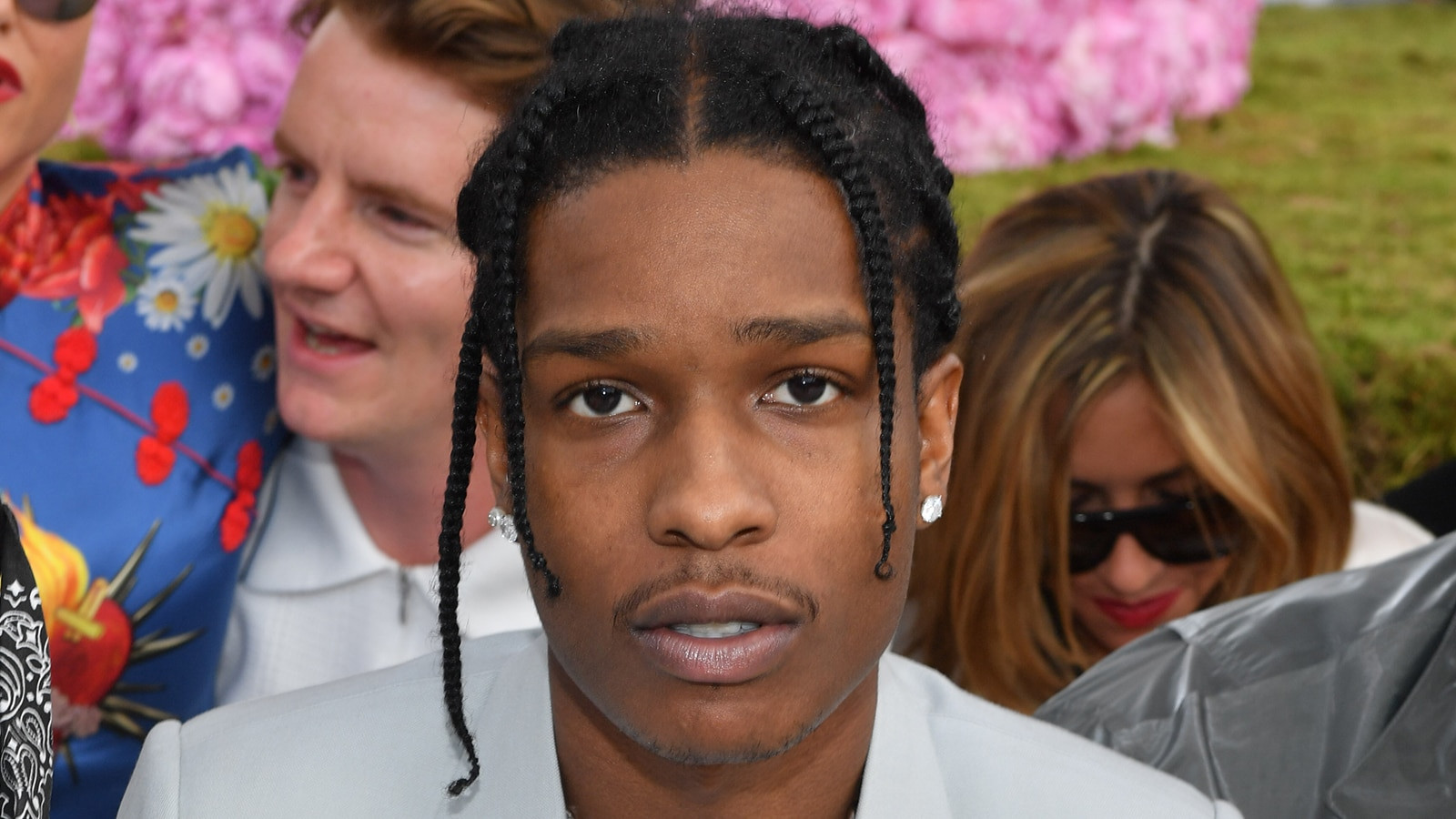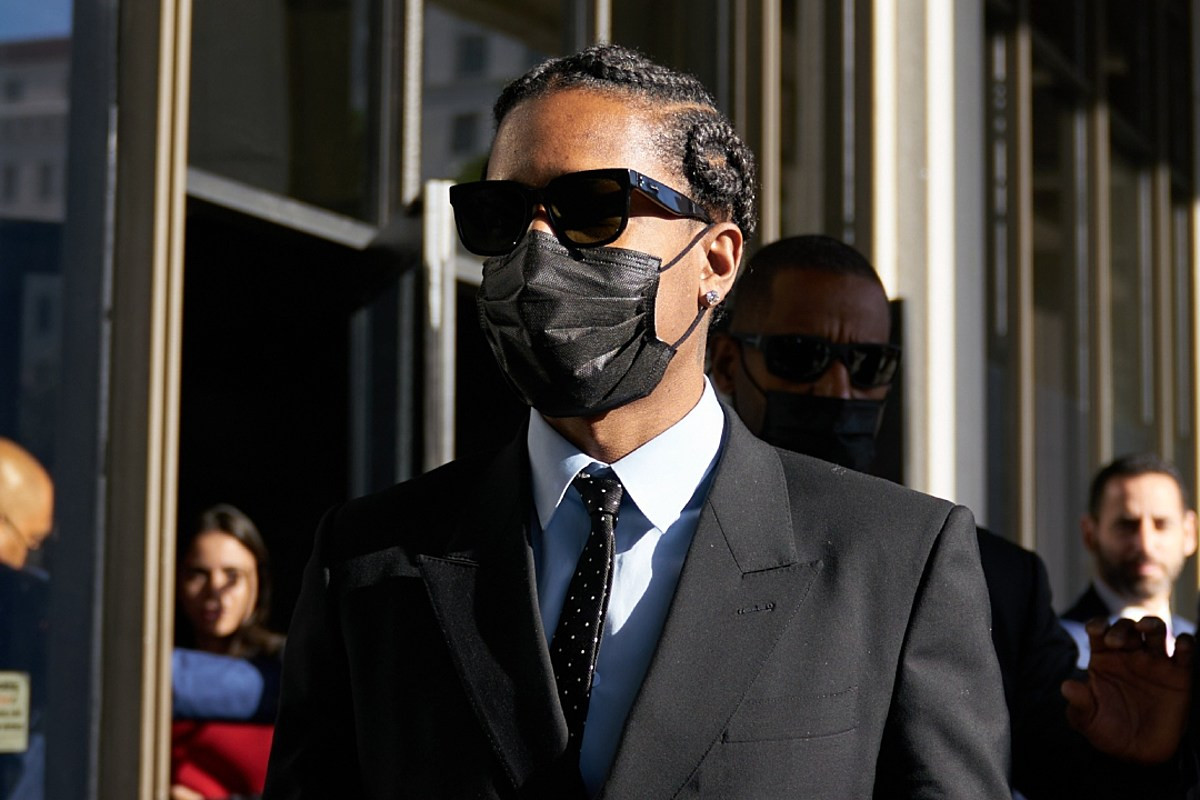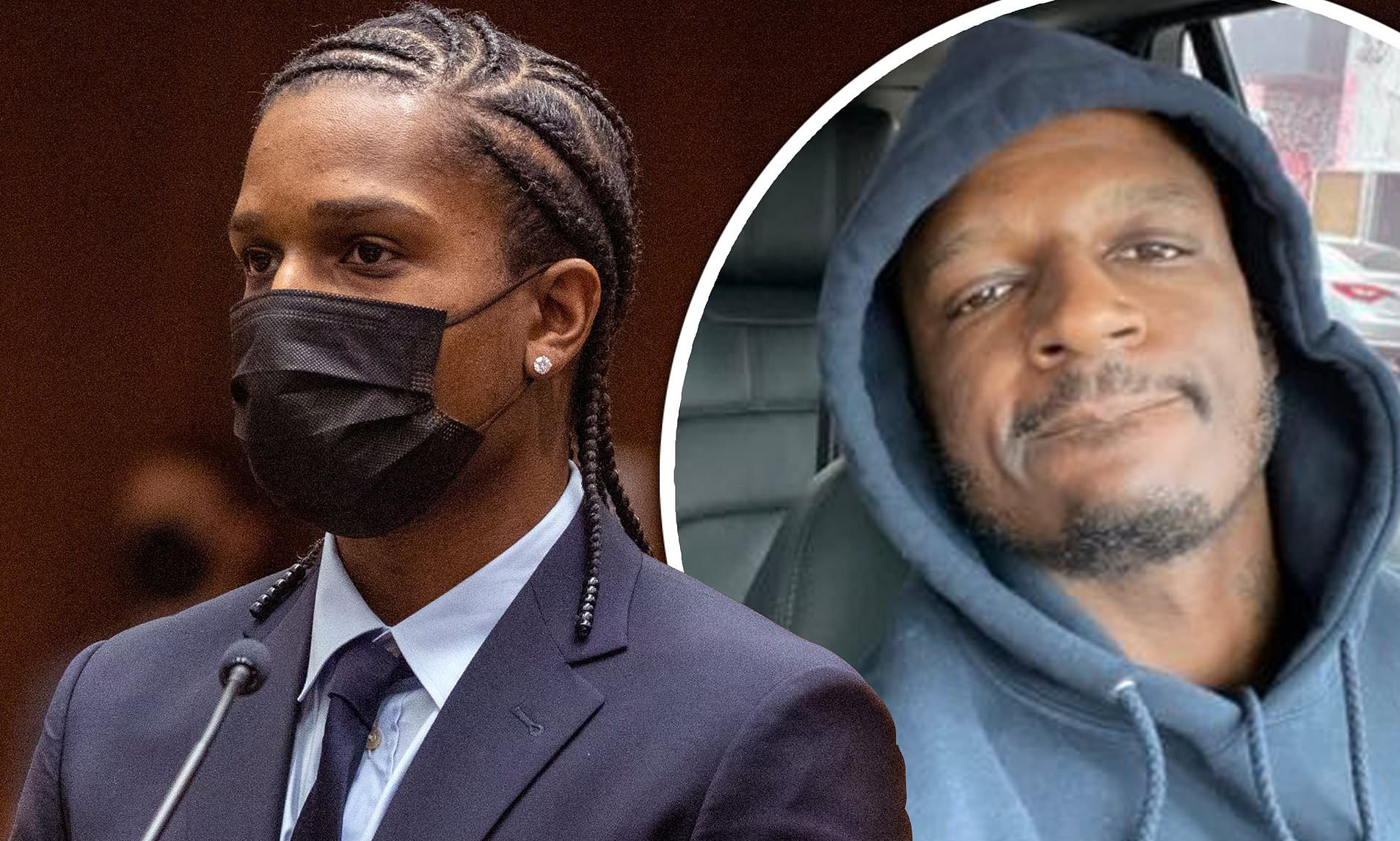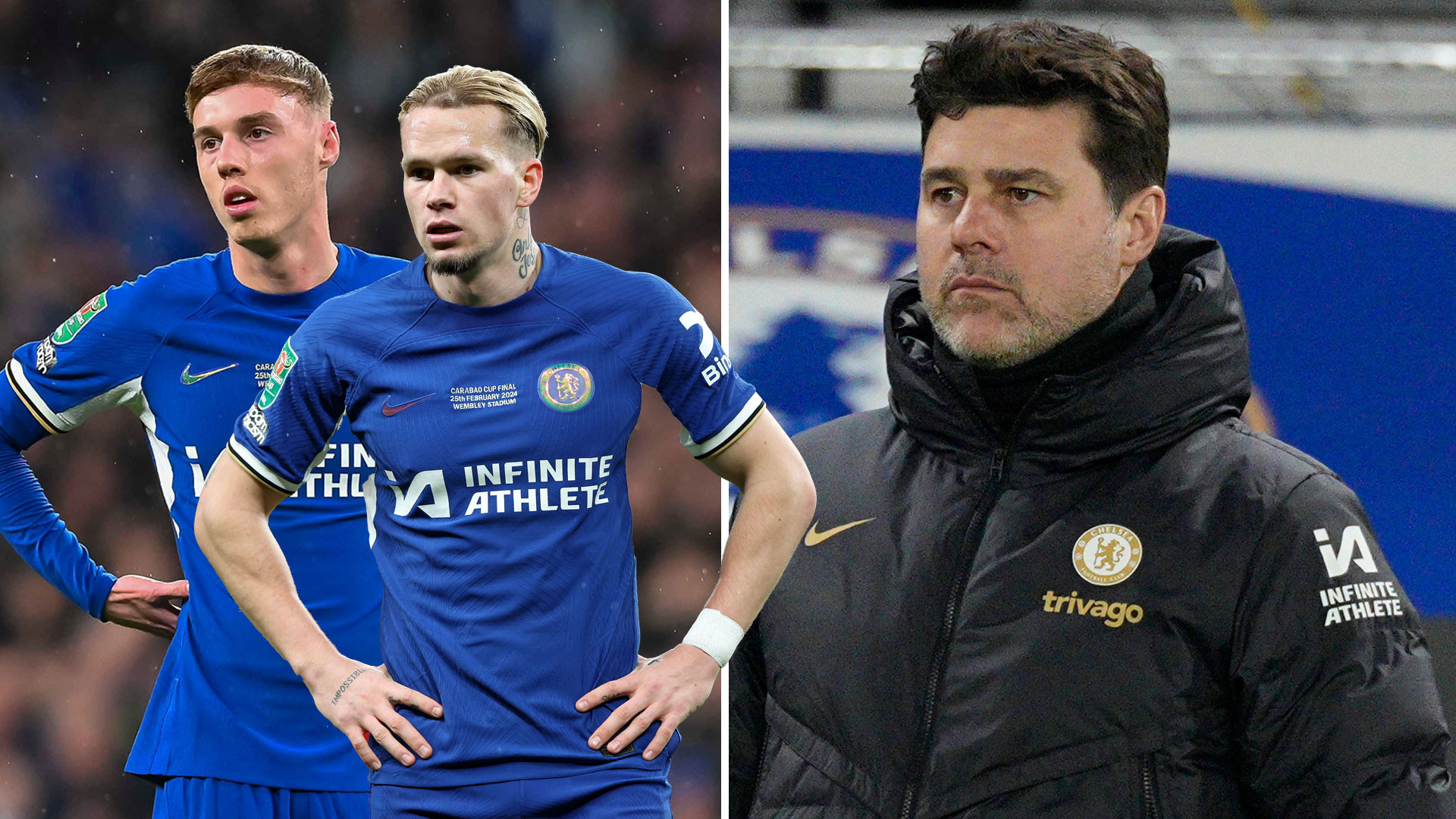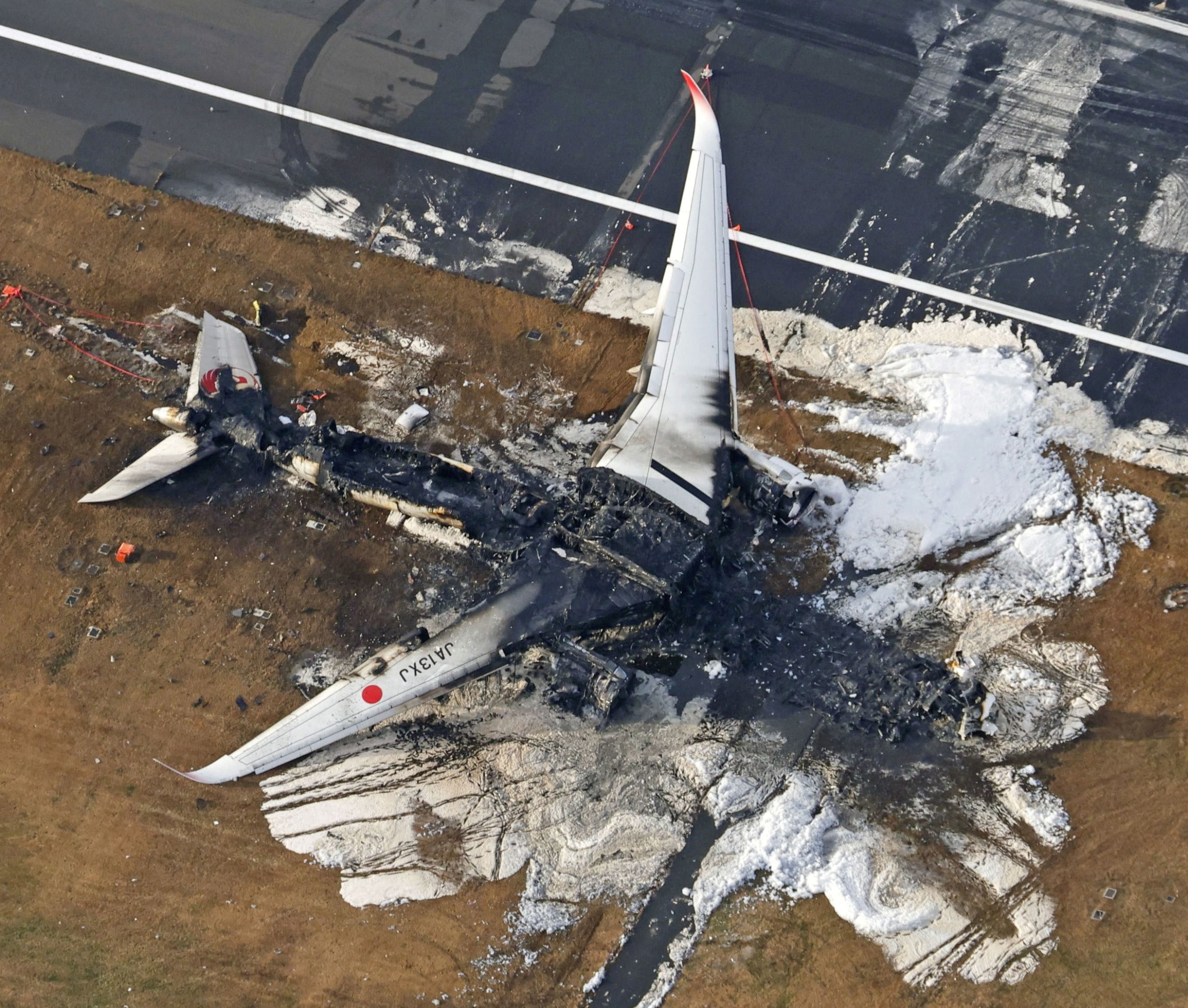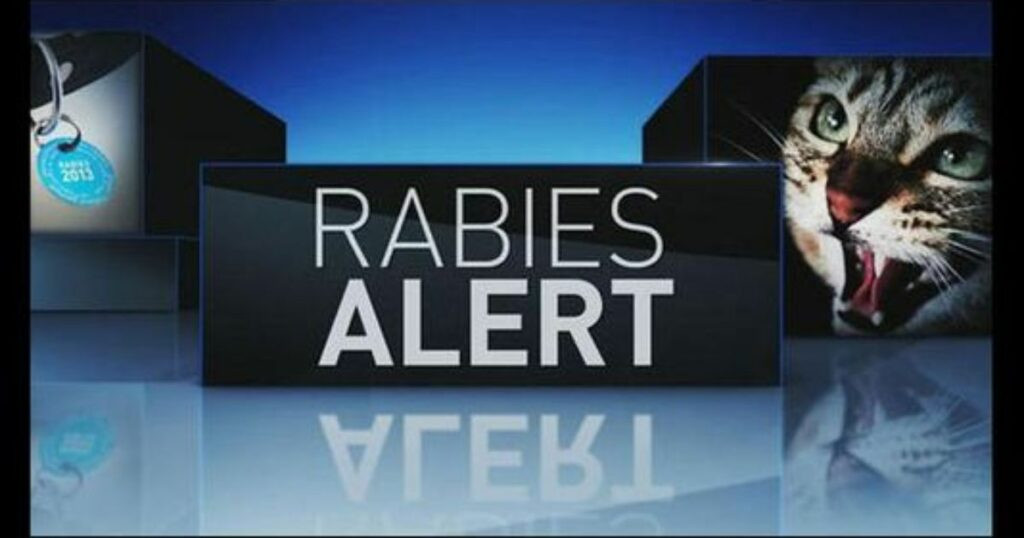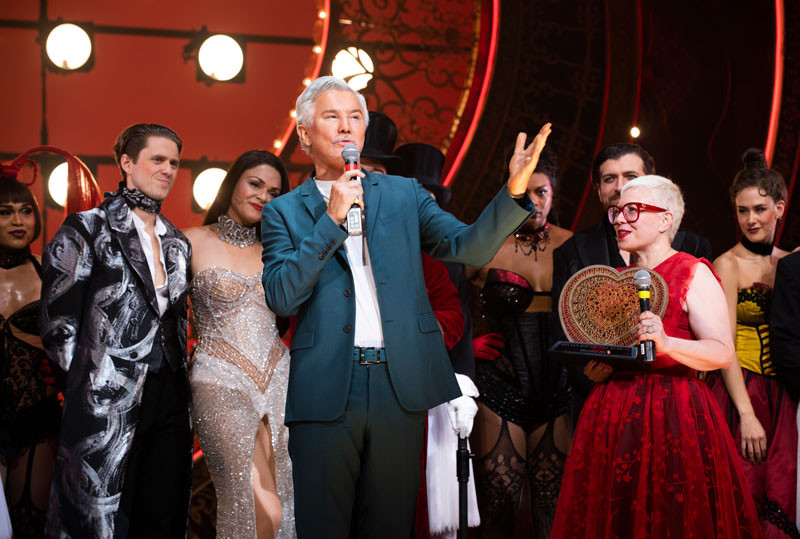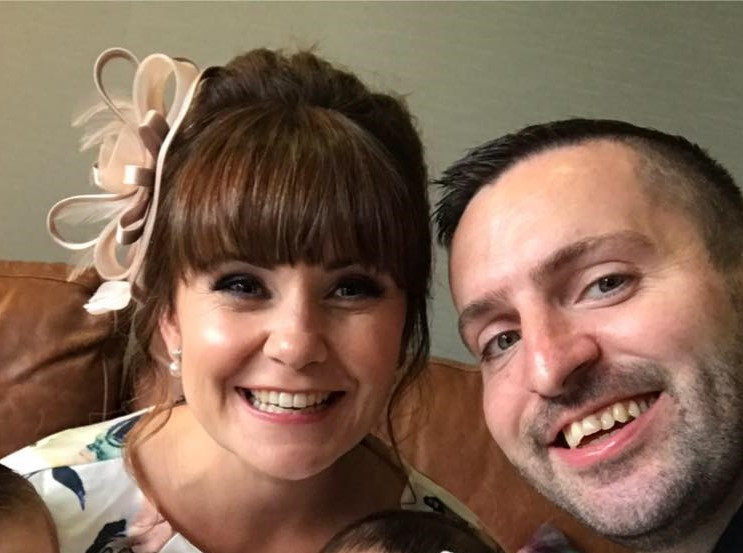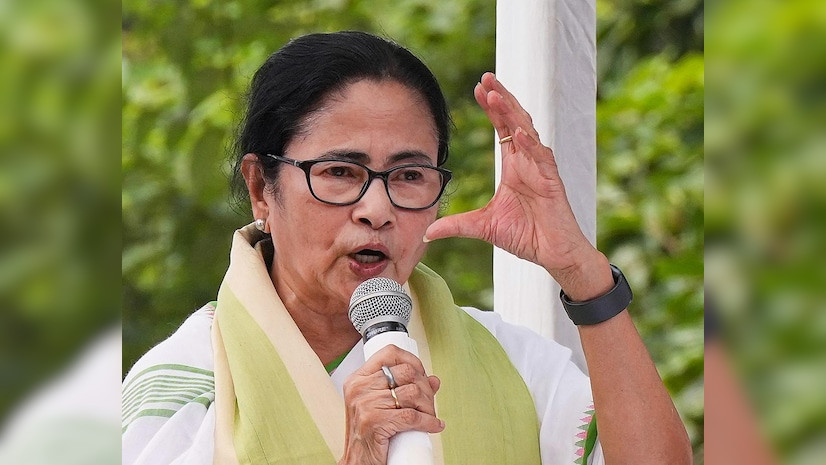A$AP Rocky's Assault Trial: A Verdict That Shook Hollywood
The Los Angeles courtroom buzzed with anticipation. Fans of the hip-hop superstar, A$AP Rocky (Rakim Mayers), and his partner, pop icon Rihanna, packed the gallery, a palpable tension hanging in the air. The three-week trial, fueled by accusations of assault with a semiautomatic firearm, culminated in a verdict that sent shockwaves through Hollywood and beyond: not guilty on all counts.
The moment the clerk announced the verdict, the courtroom erupted. Screams of joy mingled with gasps of disbelief as Rocky embraced Rihanna in a tearful reunion. The jury, after only three hours of deliberation, had found the rapper innocent of the charges that could have landed him in prison for over two decades. "Thank y'all for saving my life," Rocky expressed his gratitude to the jurors as they left the courtroom. The sheer relief was evident in the embraces shared between Rocky, Rihanna, and their legal team.
The Case Against A$AP Rocky: A Clash of Narratives
Prosecutors alleged that Rocky, during a confrontation with his former friend and fellow A$AP Mob member, A$AP Relli (Terrell Ephron), on November 6, 2021, pulled a firearm and fired twice. Relli testified that one of the shots grazed his hand, painting a picture of a violent altercation. The prosecution’s narrative centered around the assertion that Rocky used a real firearm, emphasizing the gravity of the alleged assault. Deputy District Attorney Paul Przelomiec, in his closing argument, succinctly summarized the prosecution's case by stating, “This is not a difficult case… Did Mr. Mayers use a real gun or a fake gun? Was it a real gun or was it a fake gun? Nothing else is in dispute.”
However, the defense presented a starkly different version of events. Attorney Joe Tacopina described Relli as "an angry pathological liar" who had perjured himself repeatedly. The defense argued that Rocky fired a prop gun, intending only to act as a deterrent, after Relli and another member of their crew got into a physical altercation. They contended that Relli's accusations were motivated by envy and a desire for financial gain from the rapper. The defense also emphasized the lack of evidence to support Relli's claims. They pointed to the fact that despite the incident occurring three years prior, no one had mentioned the supposed “phony gun” to the authorities until the commencement of jury selection in this trial. Further, the defense maintained that it was the actions of Relli that should be considered in the context of self-defense.
The Prop Gun Argument and Self-Defense
Central to the defense’s strategy was the claim that the firearm involved was a prop gun only capable of firing blanks. This claim hinged on testimony from Rocky's tour manager and a fellow member of the A$AP Mob, A$AP Twelvyy, that the rapper carried it for security reasons. The defense argued that even if a shot was fired, it would have been in self-defense, as Relli was behaving aggressively towards Rocky and his associates. The jurors were instructed that if they determined that Rocky reasonably believed he or his friends were in imminent danger and used reasonable force, they could find him not guilty.
The defense successfully emphasized the absence of physical evidence corroborating Relli’s testimony. The absence of the weapon, despite the alleged shooting in a relatively public space, raised questions about the strength of the prosecution's case. The fact that no shell casings were discovered by responding officers further challenged Relli's version of the events. In his testimony, Relli stated that he had recovered shell casings after returning to the scene with his girlfriend several hours after the altercation. However, no surveillance footage is available to validate Relli's account of having collected these casings.
The jury's deliberations and the Verdict's Impact
The jury's relatively swift verdict—a mere three hours of deliberation—suggested a clear lack of consensus on the prosecution's version of events. While the reasoning behind the verdict wasn't disclosed, it was likely that they felt either that the defense's portrayal of a prop gun as the weapon was credible, or that they believed Rocky acted in self-defense. Importantly, the jury did not need to agree on the specific reason for acquittal. Their unanimous finding of not guilty brought an abrupt end to the high-profile case.
The verdict's impact rippled widely, prompting a mixed reaction. While some celebrated Rocky's freedom, others expressed criticism of the justice system and concerns about the alleged inconsistencies and lack of evidence in the prosecution's case. District Attorney Nathan Hochman issued a statement respecting the jury's decision, but reiterated the office's commitment to holding accountable those who break the law, regardless of their fame or influence.
The Aftermath and Future Implications
In the immediate aftermath, Rocky expressed his relief and gratitude. He thanked God, the jury, and his supporters, emphasizing his joy at being a free man. The verdict is, nevertheless, highly significant in how it will affect future similar cases. For instance, the case has highlighted how lack of physical evidence, and inconsistencies in testimony may affect the outcome of future cases, especially in cases involving high-profile personalities. The verdict allowed A$AP Rocky to continue his flourishing career with projects including the Rolling Loud music festival, the Met Gala, and a movie alongside Denzel Washington. While the trial presented significant challenges for the rapper and his family, the result marked an end to a period of uncertainty and a return to the spotlight under far more favorable circumstances.
The case's conclusion, however, does not erase the fundamental questions raised about the fairness and consistency of the justice system. It left the public grappling with its implications for future cases, and continues to spark discussion on the balance between celebrity status and accountability under the law. Ultimately, the A$AP Rocky trial stands as a testament to the complexities of the American justice system and the power of a jury's decision, leaving a lasting impact on the entertainment industry and beyond. The high profile trial has had ripple effects on other cases involving celebrities and the prosecution and defense of such cases are likely to be approached quite differently in the future. The long term effect of this case on the legal system remains to be seen.




